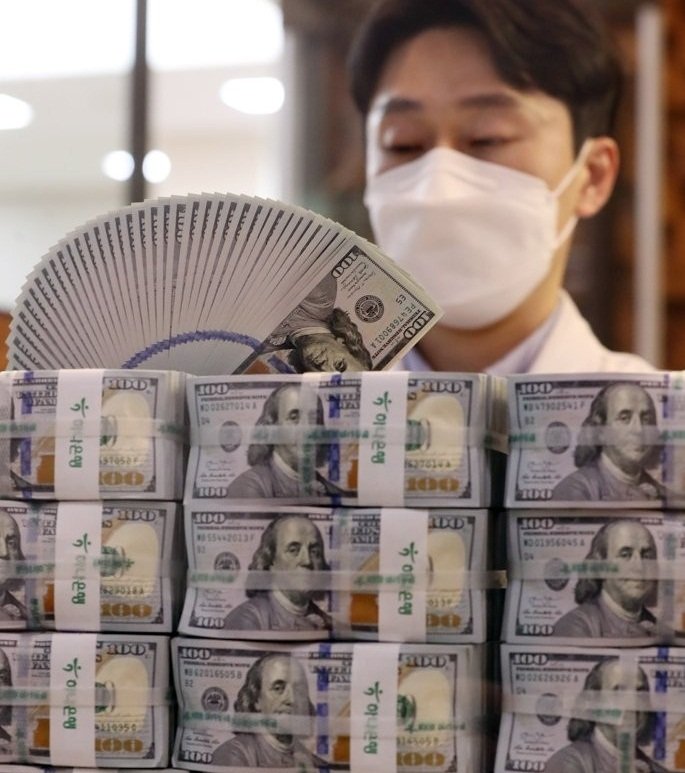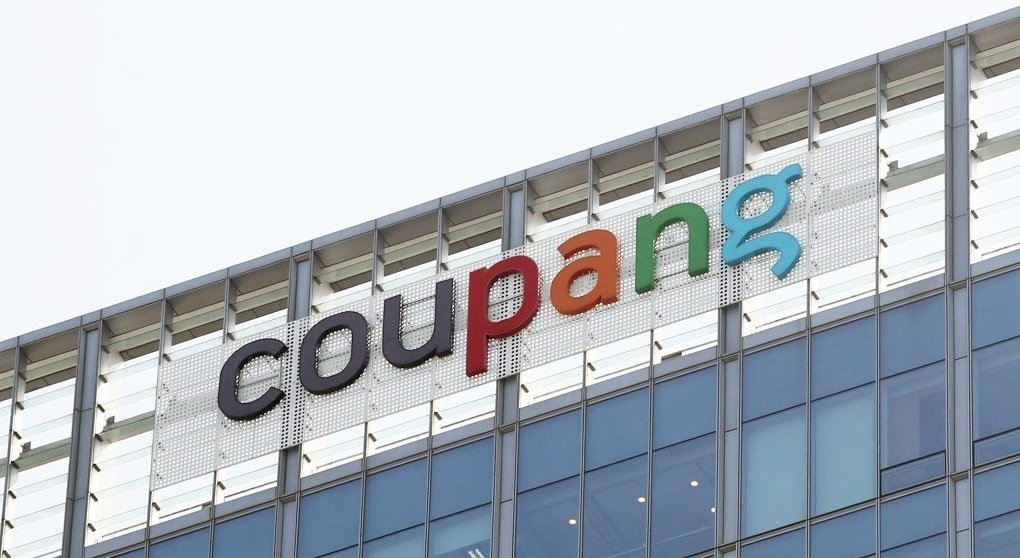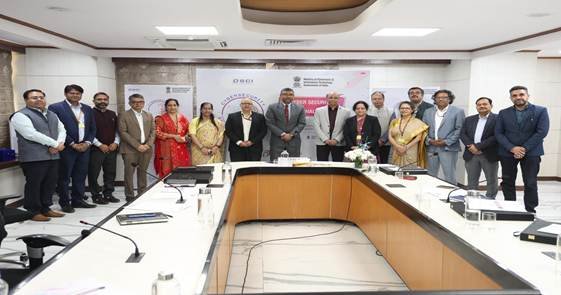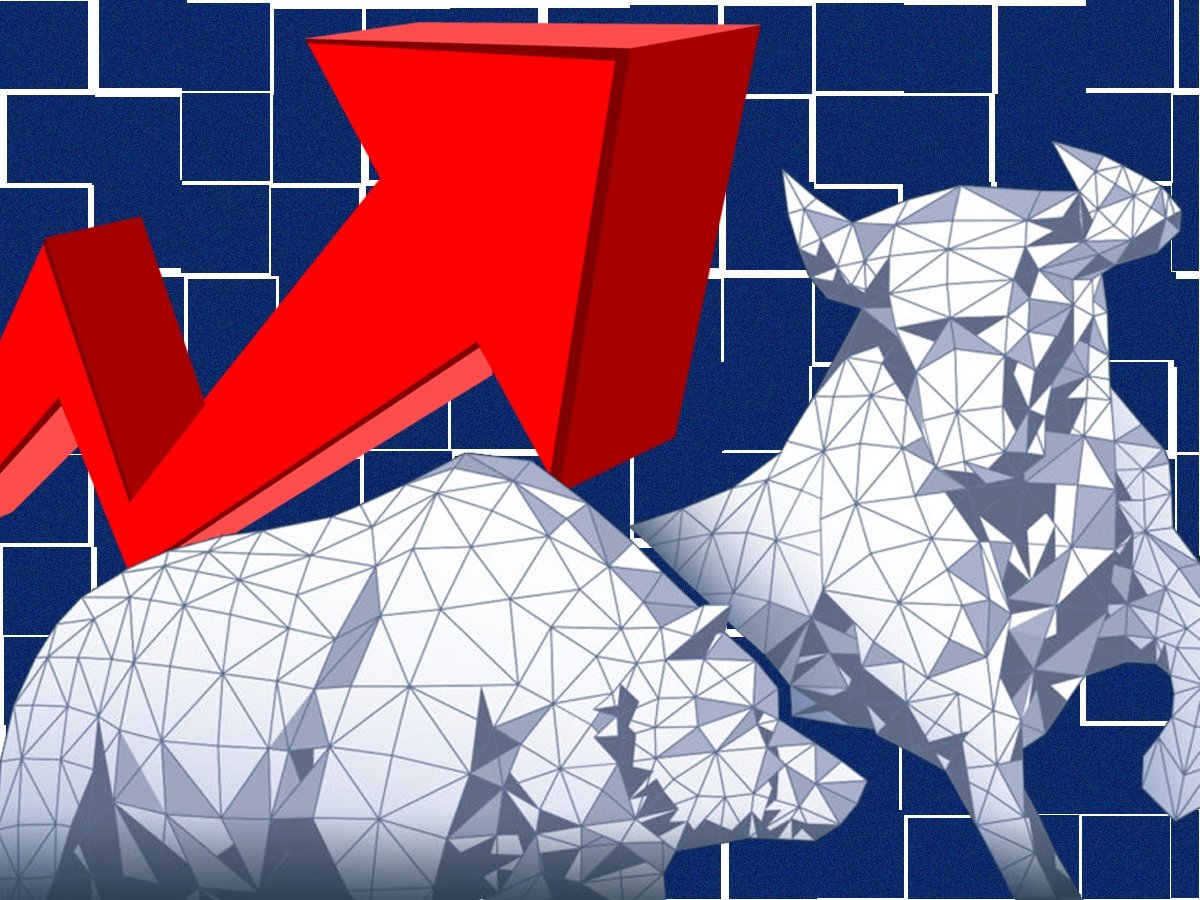
US-India Ties Face Challenges as Trade Tensions Grow
Recent comments from Mukesh Aghi, President and CEO of the US-India Strategic Partnership Forum, highlight growing concerns about the strained relationship between India and the United States. Aghi says that “trust has broken” between the two nations, especially as trade issues continue to cause friction.
In an interview in Washington, Aghi described how the mood in India has shifted from surprise and disappointment to disbelief. He explained that just a few weeks ago, the relationship seemed strong, but things changed quickly, mainly because of India’s recent purchase of Russian oil. This move has upset the US and created more tensions.
Aghi also talked about India’s recent participation in the Shanghai Cooperation Organisation (SCO) Summit in China. He pointed out that India’s outreach to Beijing and Moscow was driven by the US’s “coercive diplomacy”—a way of pressuring countries through threats. He said that India felt compelled to respond in this way because of the pressure from Washington.
Despite these issues, Aghi emphasized that India and China may not get too close. “India’s strategic interests, economy, and technology partnerships are aligned more with the US,” he explained. This suggests that India is balancing its relationships carefully, even as tensions with China remain.
The US has recently imposed higher tariffs on Indian imports of Russian oil, raising taxes from 25% to 50%. India calls these tariffs “unfair and unjustified.” Former US President Donald Trump defended his stance, arguing that his actions show he is serious about foreign policy. Trump mentioned that India had been warned about buying Russian oil and that these measures aim to send a message.
Aghi criticized the US’s approach, calling it “counterproductive.” He pointed out that Russia’s oil sales have actually helped stabilize global prices and that China and Europe buy far more Russian energy than India does. Penalizing India, a key strategic partner, sends the wrong signal, he said.
He also suggested that India’s purchase of Russian oil is somewhat an “excuse,” underlying deeper issues. One major concern for the US, according to Aghi, is India’s reluctance to publicly acknowledge third-party involvement in the India-Pakistan conflict. This has upset US leaders, who are aiming for international recognition—possibly for a Nobel Prize.
Despite these disagreements, Aghi praised India for its “maturity” in handling US actions. India has avoided public confrontations and is instead exploring ways to keep the partnership strong. Aghi believes this restraint shows India’s diplomatic strength.
Looking ahead, Aghi hopes the US and India can find a way to de-escalate the situation soon. He suggests that a direct conversation between leaders, a change in India’s oil sourcing, or other diplomatic efforts could help both sides find common ground. The goal is to ensure that India-US relations continue to grow and benefit both nations.
















